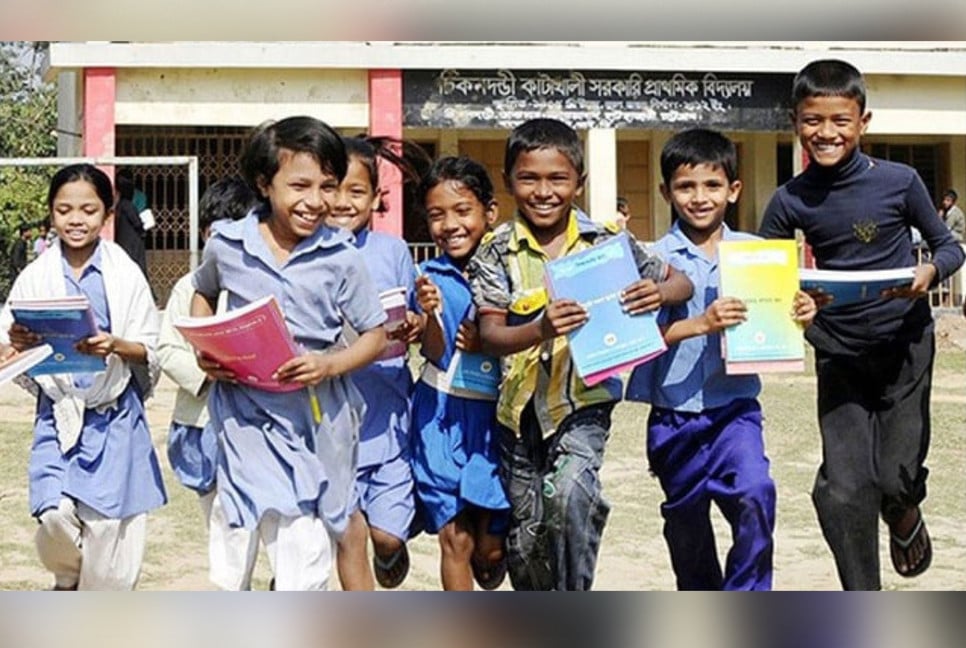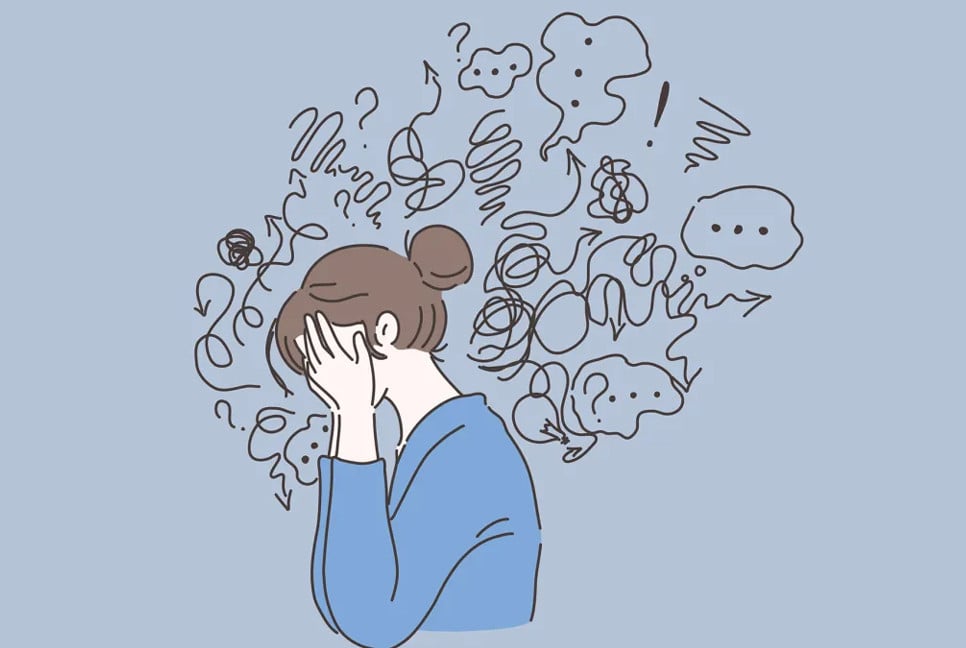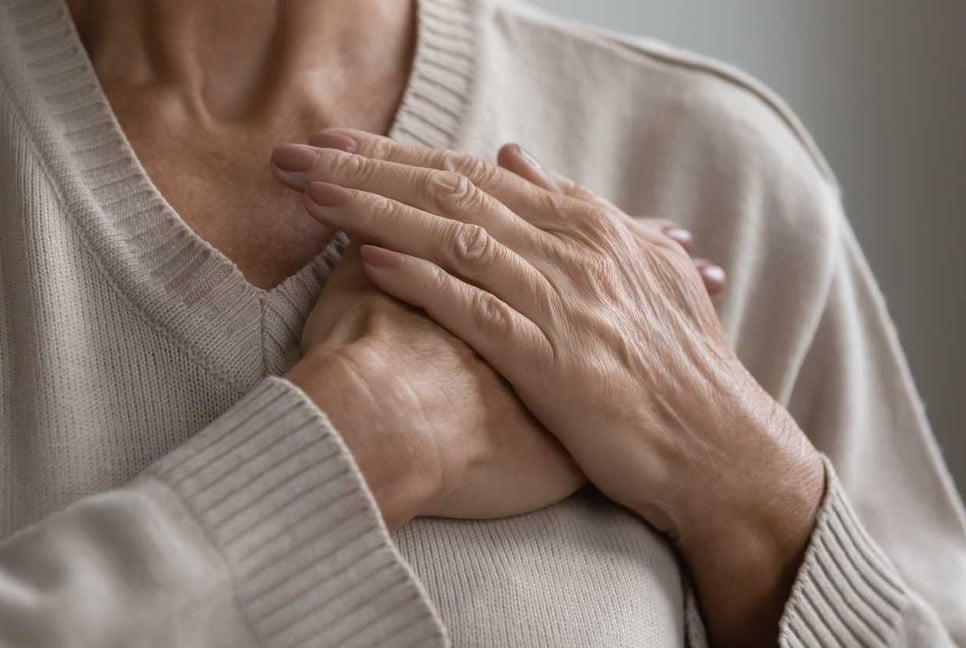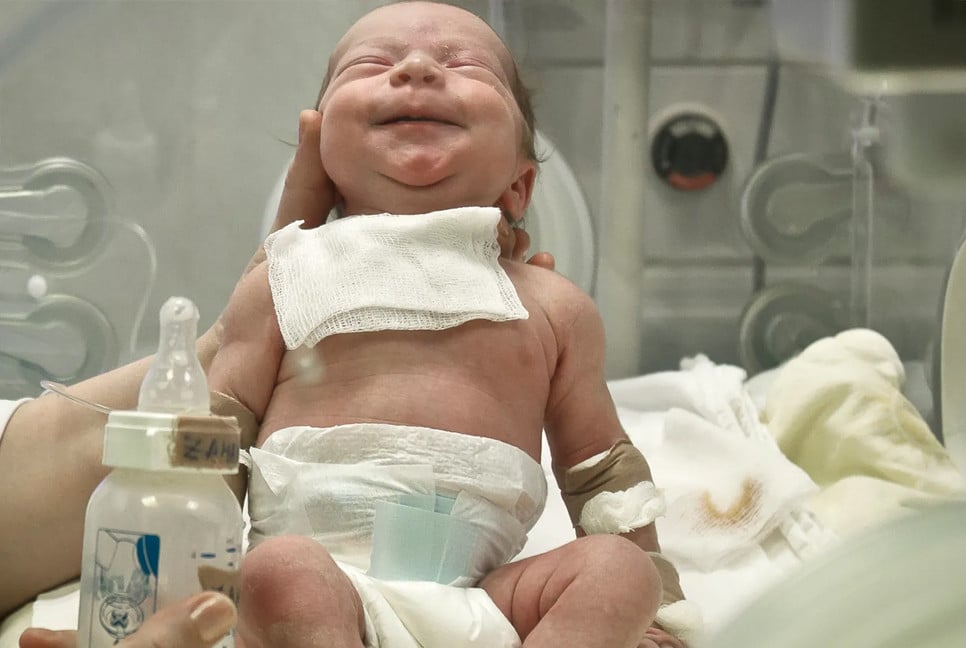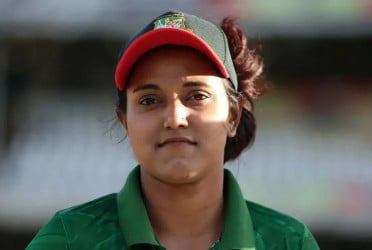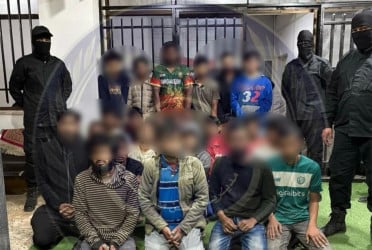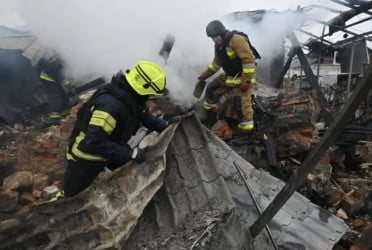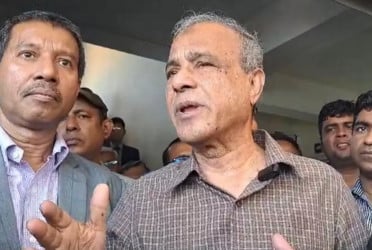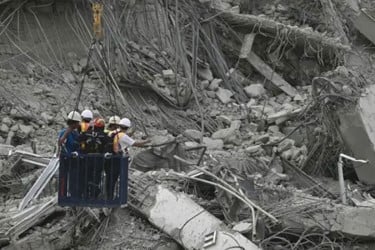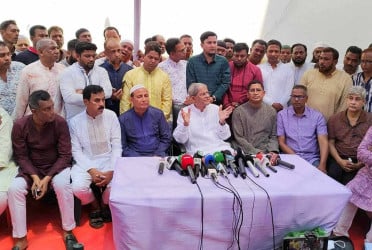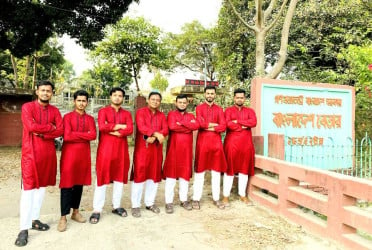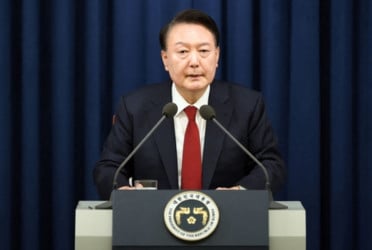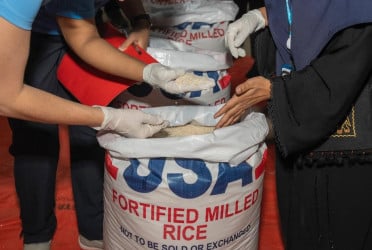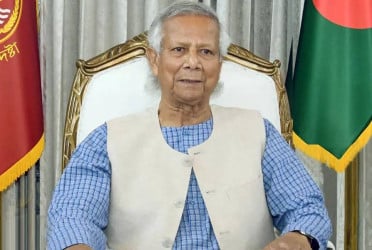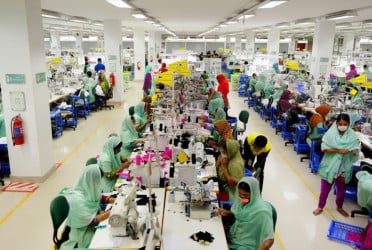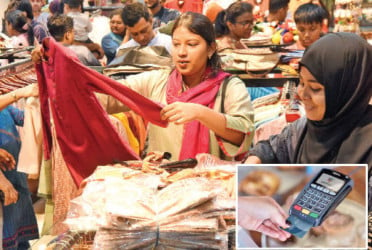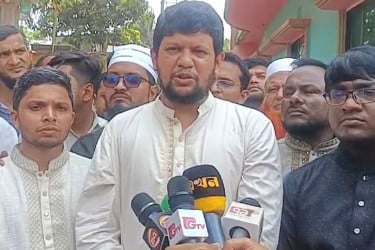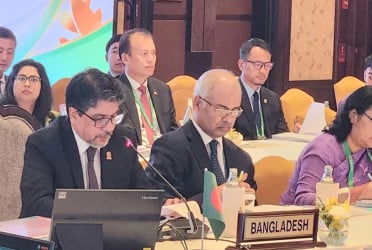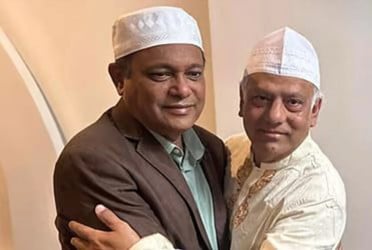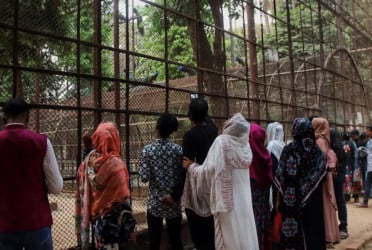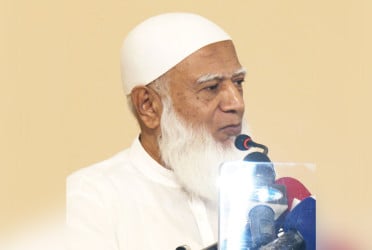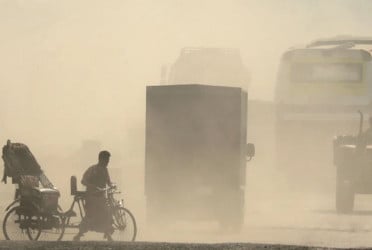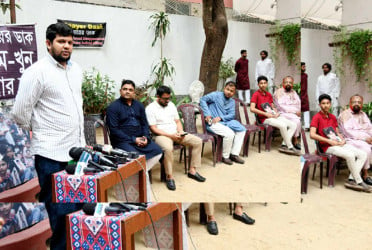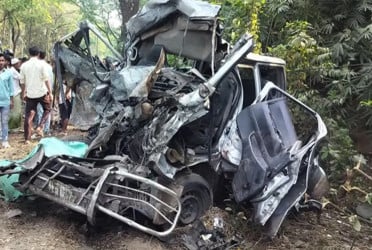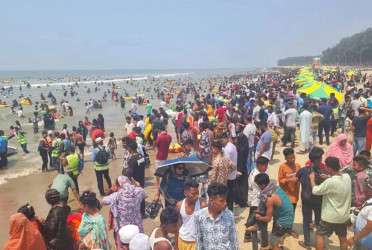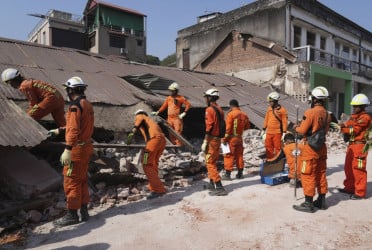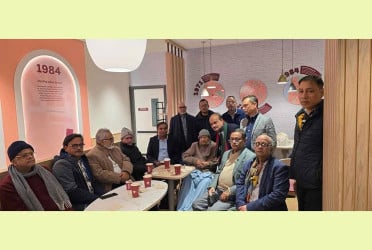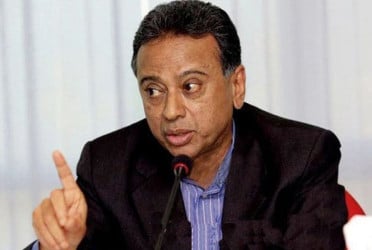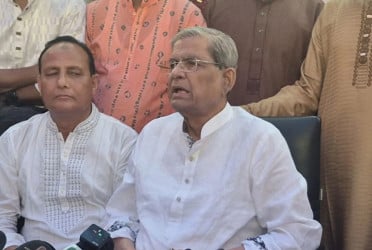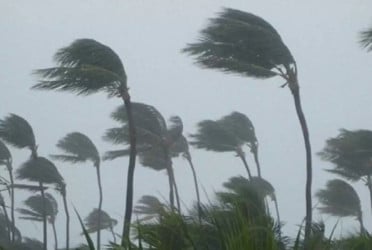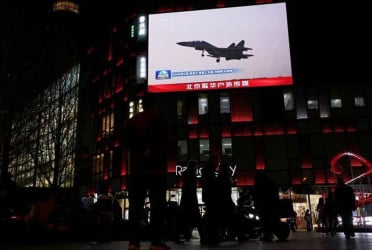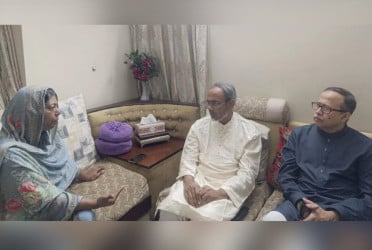After the recent student protests, primary-level students are showing more concerns, which is affecting their behavior. Experts are advising the relevant authorities to work together on initiatives to support the mental health of these students.
During a discussion titled “Improvement of Mental Health of Primary Level Students: What We Should Do” at the Krishibid Institution in the capital on Sunday, experts pointed out that a survey indicates the recent protests and violence have severely impacted students' mental health.
Research suggests that seeing or hearing protest marches, violence, vandalism, arson, fights, gunshots, and staying at home due to school closures, curfews, and blockades have affected the students’ mental health.
Besides, flash floods in various parts of the country have affected their studies. As a result, the students have been suffering from a kind of “trauma”.
Changes in primary level students’ behaviour include absenteeism, reluctance to study, fear, sleep problems, nightmares, depression, mobile phone addiction, irritability, restlessness, violent behaviour, and anxiety over changes in textbooks or curriculum, said experts at the programme organised by the “Ganosakkhorota Obhijan (Mass Literacy Campaign)” and BRAC Institute of Educational Development (BRAC IED).
The latest survey also revealed that children have negative ideas by seeing pictures and news on various social media, lose playfulness, and feel lonely. Besides, they are also getting affected by various diseases due to floods and skipping classes.
To solve the crisis, experts made various recommendations, including organising special activities to improve children's health, exchanging ideas with children, creating awareness among parents and community leaders through yard meetings, organising training workshops, creating a recreational environment for alleviating children's depression, and counselling in educational institutions.
Psychiatrist Professor Mohit Kamal said the recent incidents have affected the mental health of students at primary level, so children cannot be forced to do anything. He also emphasised on ensuring mental health to take care of the minds of primary school children.
Chowdhury Mufad Ahmed, a member of the Primary Education Consultation Committee of the Ministry of Primary and Mass Education, was present as a guest panellist in the exchange meeting, where BRAC-IED Executive Director Prof Iram Mariam, Teacher Development Institute Director M Nazmul Haq and Bangladesh Primary Assistant Teachers Association President Shahinur Al-Amin were also present.
Bd-pratidin English/Afia

